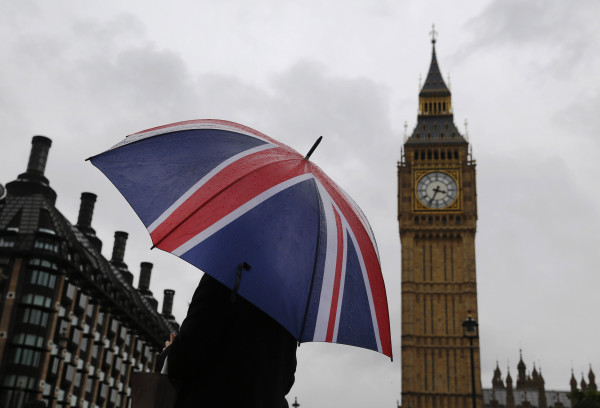

The government has rejected calls to reform the Mineworkers’ Pension Scheme that could have seen its members share an additional £1.2bn, a decision critics have branded “intransigent” and a “slap in the face”.
The decision, first reported by the BBC, came in response to pressure from MPs on the Business, Energy and Industrial Strategy Committee, who had argued in favour of a change that would see a £14 average increase to scheme members’ weekly pension payments.
Since the scheme’s original sponsor, British Coal, was privatised in 1994, the government has had an arrangement with the plan whereby it guarantees that the value of mineworkers’ pensions will not decrease, in return for the government taking 50 per cent of any surplus recorded by the scheme.
However, since that arrangement was agreed, the government has received £4.4bn from the scheme. It is due to receive another £1.9bn, as well as 50 per cent of any future surplus, but it has yet to pay a single penny into the scheme itself.
The government has in the past argued that its guarantorship has enabled the Mineworkers’ Pension Scheme to pursue its successful investment strategy.
The BEIS committee published a report that concluded: “In practice, the government’s entitlement to 50 per cent of surpluses is not proportionate to the degree of financial risk it actually faces.
“Given that the scheme has continued to produce strong returns despite the 2008 financial crisis and the Covid-19 pandemic, there is little reason to believe the government will be required to pay into the scheme before it is wound up.
“Even if, in extremis, the government is required to financially contribute at some point in the future, realistically its contribution will not come close to the (at least) £6.3bn it is currently due to receive in total.”
The committee’s report also noted that the government failed to conduct due diligence before making the agreement in 1994, branding its failure to take actuarial advice “negligent”.
Justifying the government’s decision, energy minister Anne-Marie Trevelyan said there were numerous examples of pension schemes that had been unable to meet their basic obligations, let alone increase, the BBC reported.
“The government continues to believe the arrangement agreed in 1994 was fair and beneficial to both scheme members and taxpayers,” she wrote.
“Scheme members have rightly shared in the benefits, but the government has taken on all the risk.”
Labour MP Darren Jones, chair of the BEIS committee, said members of the scheme would be “deeply disappointed” by the government’s “intransigent message”, the BBC report continued.
“It represents a slap in the face for pension scheme members that the government is continuing its ‘take it or leave it’ approach,” Jones said.
“The government has benefited from billions of pounds of surpluses since 1994 without having to contribute a pound of taxpayers’ money to miners’ pensions.
“Ministers should think again and help ensure these pensioners get a fair deal.”
Benjamin Mercer is a reporter at FTAdviser's sister publication Pensions Expert



